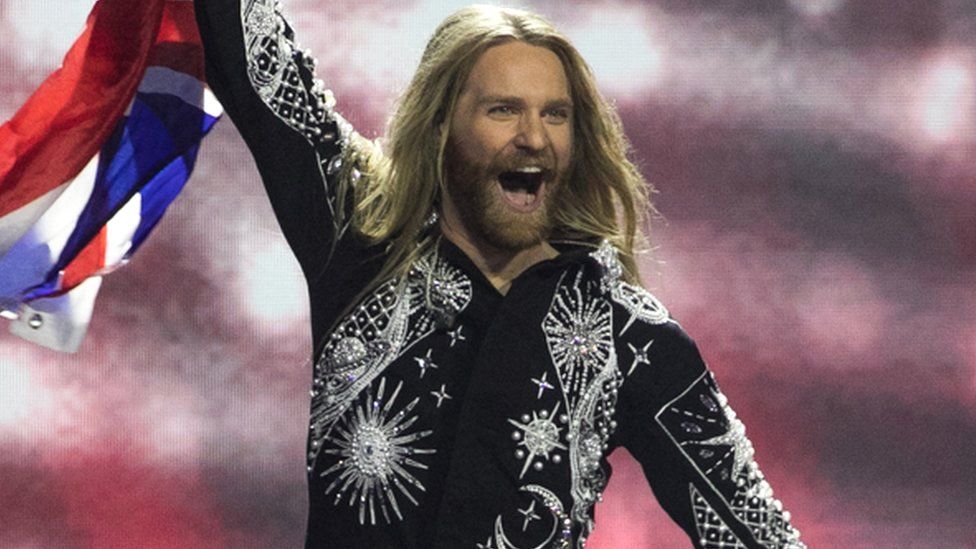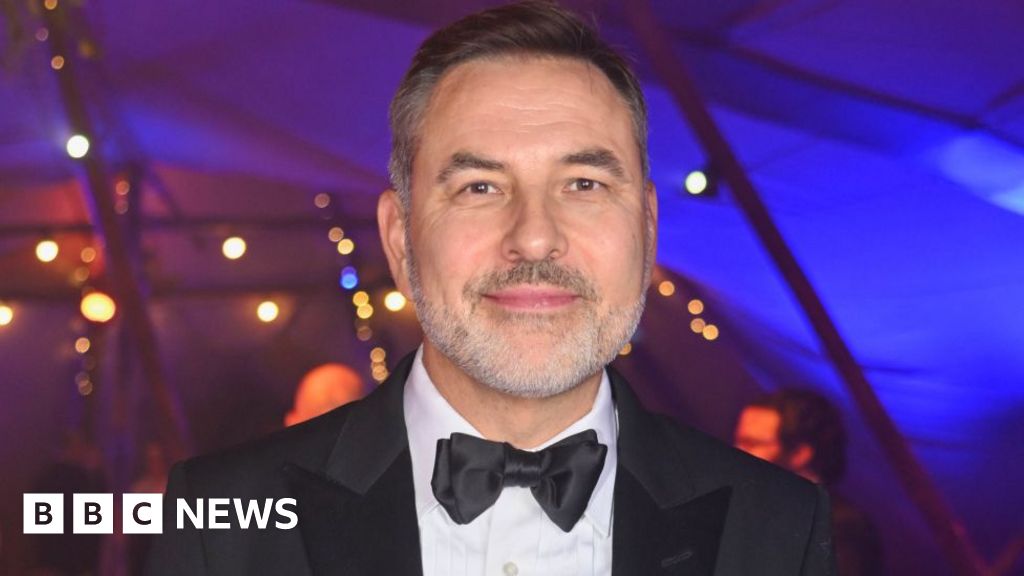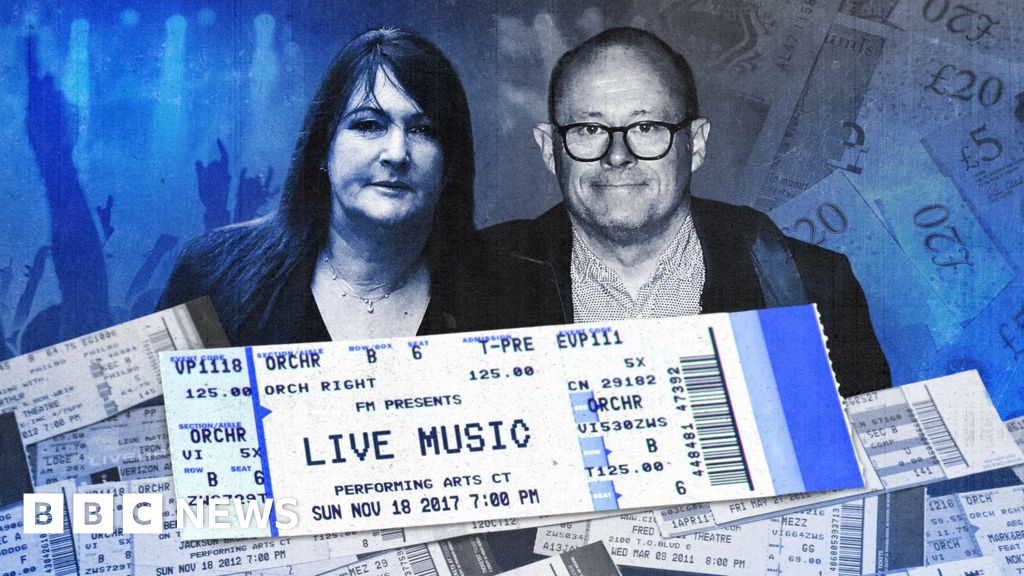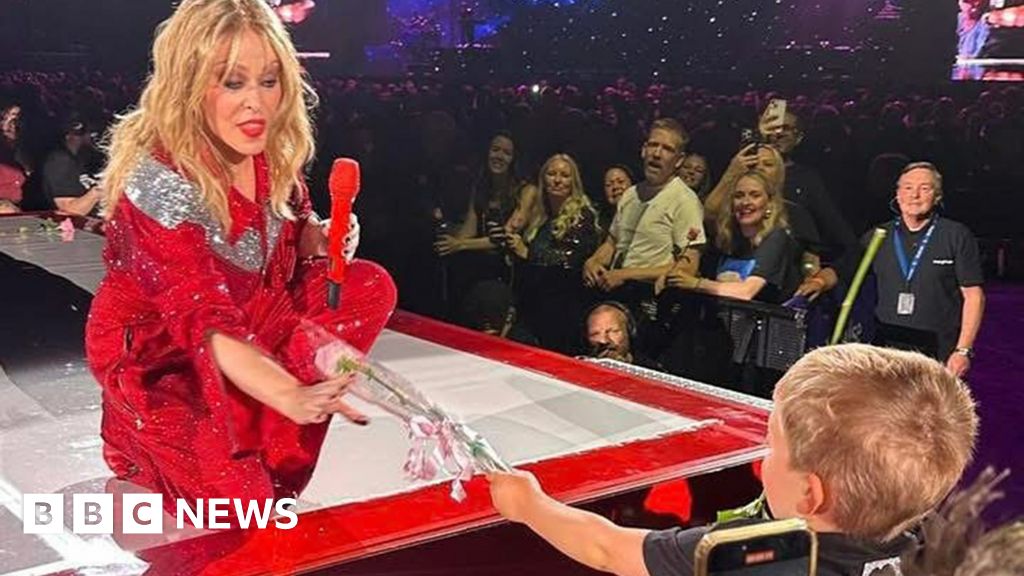ARTICLE AD BOX
 Image source, CORINNE CUMMING / EBU
Image source, CORINNE CUMMING / EBU
The UK's Sam Ryder came second in last year's contest with his song Space Man
By Daniel Rosney
Eurovision reporter
Tickets for this year's Eurovision Song Contest in Liverpool will go on sale on Tuesday 7 March, the BBC has announced.
Fans will be able to pay to attend nine shows - two live semi-finals and the grand final, as well as six previews doubling up as dress rehearsals.
Prices range from £90 to £290 for the live semi-finals and £160 to £380 for the live grand final.
Full details have been exclusively revealed on the BBC podcast Eurovisioncast.
Last week it was announced 3,000 Ukrainians living in the UK on three visa programmes - Homes for Ukraine, Ukraine Extension Scheme and Ukraine Families Scheme - will be able to enter into a ballot for a ticket.
The cost will be subsidised by the government but there will be a £20 charge per sale.
How can I buy tickets for Eurovision?
Tickets will be made available from 12:00 (midday) GMT.
An account must be registered on Ticketmaster UK - regardless of the country tickets are being purchased in.
Only tickets for one show at a time can be purchased per users.
How much are Eurovision tickets?
Prices range from £90 to £290 for the live semi-finals and from £160 to £380 for the live grand final.
Preview shows range from £30 to £280.
A mock-up of how Liverpool's M&S arena is expected to look hosting the Eurovision Song Contest
A preview show is a full run-through of the TV broadcast that doubles up as a production rehearsal where the acts perform live in the arena.
There are six preview shows and three live shows.
How do the semi-finals work?
There's a fee for competing broadcasters to take part (more on that later) and a handful of countries, known as the big five (France, Germany, Italy, Spain, and the UK), automatically get a place in the final because they pay a higher entry fee.
Ukraine, this year, also qualifies without participating in the knock-out stages because it won in 2022.
The remaining 31 acts will sing in two semi-finals - on Tuesday 9 and Thursday 11 May.
There will be 10 songs from each of the two qualifying rounds go through to the final where 26 artists will perform on Saturday 13 May.
What if I don't get a ticket?
The city of Liverpool has announced multiple events around this year's Eurovision Song Contest.
There will be a two-week festival taking place, including a submarine parade and a rave which will take place simultaneously in Kyiv as well.
Image source, Liverpool City Council
Image caption,Liverpool's Pier Head will host the official Eurovision village
Close to the M&S Bank Arena will be the Eurovision village, the official fan zone of the contest for 25,000 people.
During the televised live shows, fans will be able to watch both semi-finals and the final on big screens there.
It's also where some of the acts will perform on stage across the week.
There will also be coverage across the BBC.
Who pays for Eurovision?
The UK government has put forward £10m towards the cost of hosting the song contest for things like security and visa arrangements.
It says the vast majority will be spent on "showcasing Ukrainian culture" but wouldn't give further details. In comparison, the Italian government didn't pay anything towards the event last year.
Local authorities in Liverpool have also pledged £4m for the event, which is six million less than officials put forward in Turin in 2022.
The rundown on the 2023 contest in 50 seconds
The bulk of the cost will fall to the BBC which is expected to put forward between £8m and £17m as host broadcaster.
The 37 broadcasters taking part all pay a fee to enter, which in recent years has totalled a combined sum of about £5m. The BBC does not make its contribution public.
All the build-up, insights and analysis is explored each week on a new BBC podcast called Eurovisioncast.
Eurovisioncast is available on BBC Sounds, or search wherever you get your podcasts from.

 2 years ago
38
2 years ago
38








 English (US) ·
English (US) ·